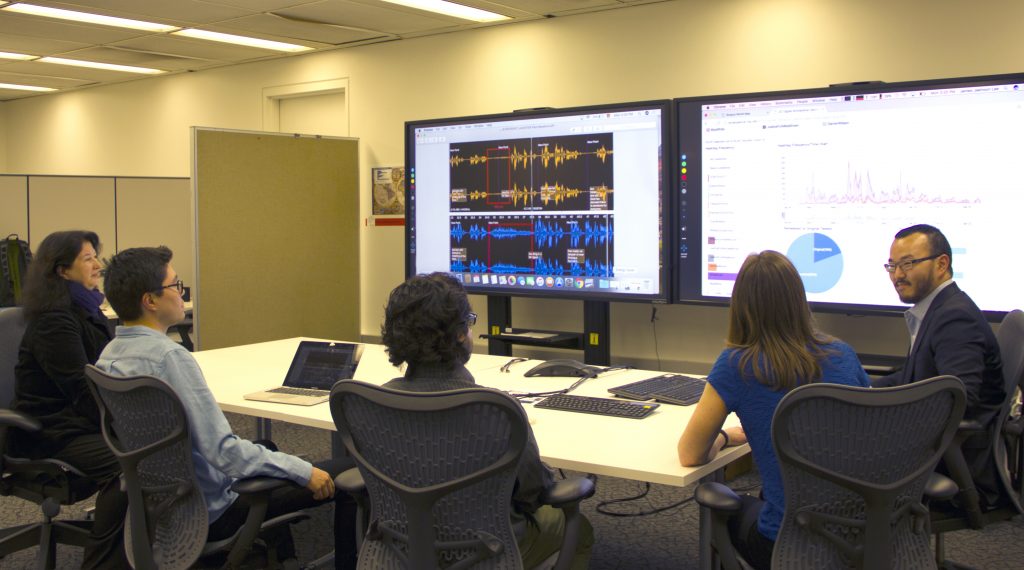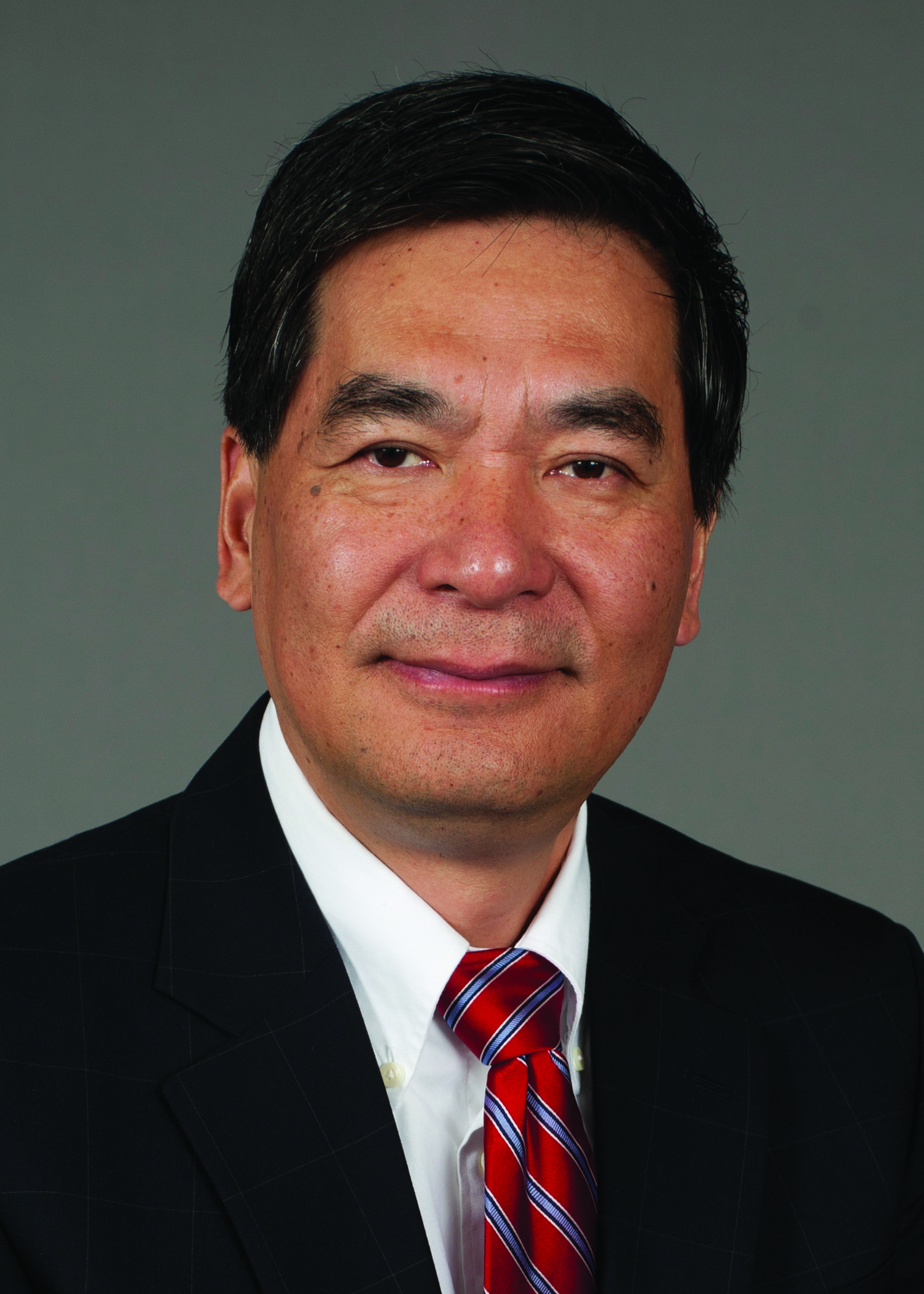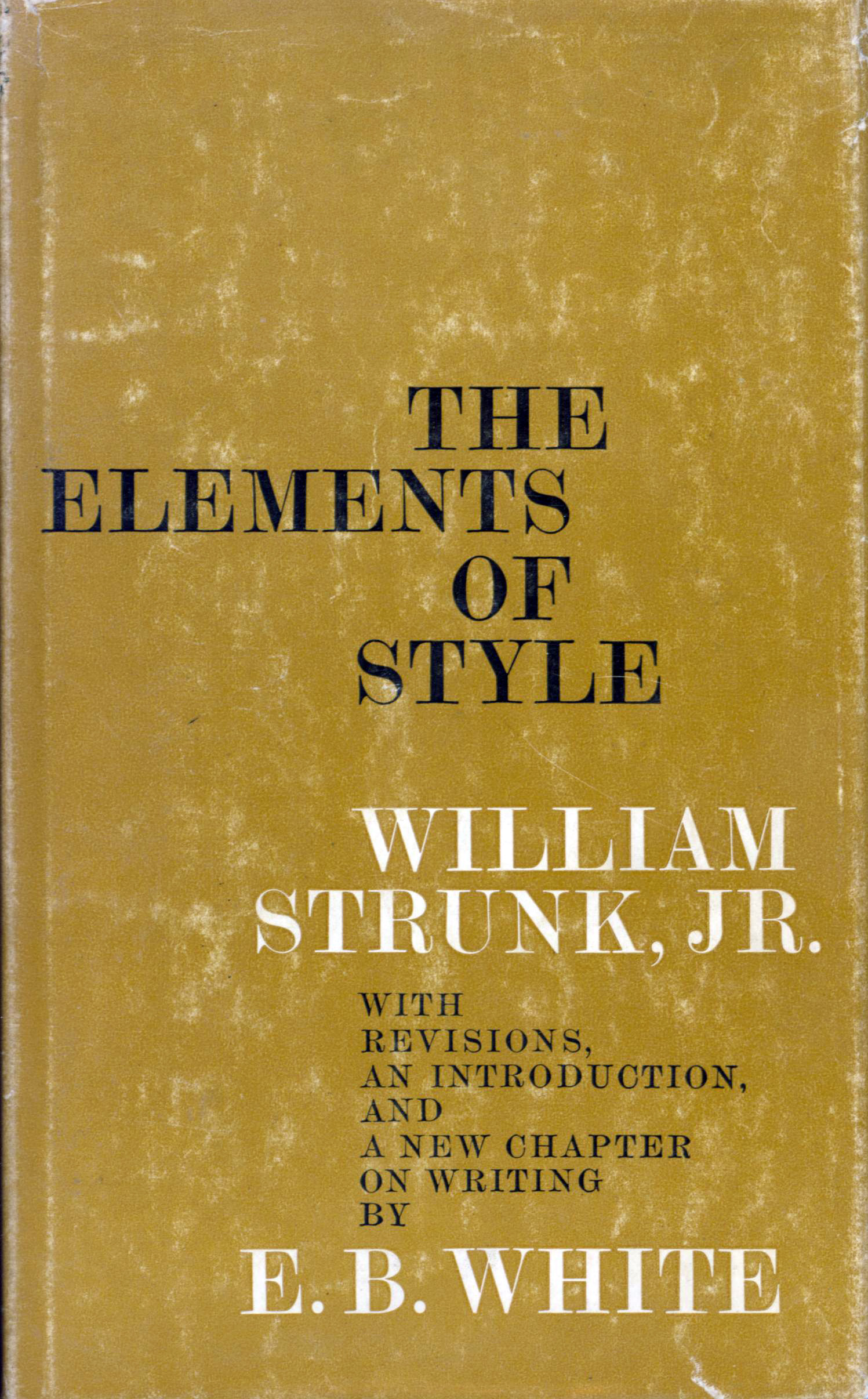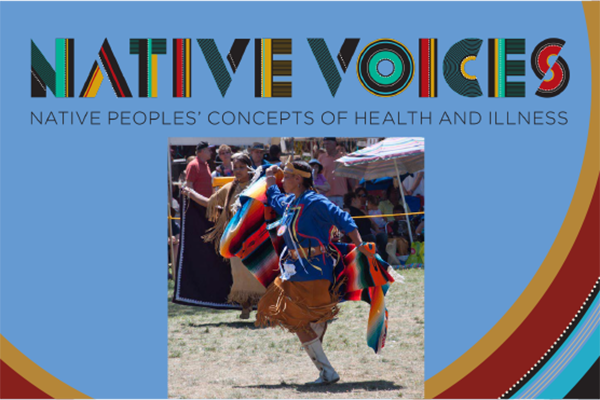
Digital Scholarship Center Awarded $900,000 Grant from The Andrew W. Mellon Foundation

The Andrew W. Mellon Foundation awarded the University of Cincinnati a $900,000 grant in support of the Digital Scholarship Center’s research on machine learning and data visualization in multiple disciplines in the humanities and beyond. Located in the Walter C. Langsam Library, the Digital Scholarship Center (DSC) is a joint venture of UC Libraries and the College of Arts and Sciences. Launched in September 2016 as an academic center, the DSC provides faculty and students across the university with support for digital project conception, design and implementation.
“As a Research 1 university, the University of Cincinnati must be equipped to support the highest level of research activity. Digital scholarship plays a key role in setting the stage for our continued momentum in investigation and innovation. It helps to break down silos to share new knowledge across disciplines,” said Neville G. Pinto, president of the University of Cincinnati.
In partnership with faculty and motivated by their research questions, the DSC serves as a ‘catalyst,’ making new forms of digital research possible by lowering the technical barrier to entry for faculty to investigate their research questions.
“In our catalyst role, we stimulate new opportunities for digital scholarship in a cohesive academic center by assembling our technical capacity and expertise, space and computational equipment, access to datasets and student and staff support,” said James Lee, co-principal investigator for the grant, academic director of the Digital Scholarship Center and assistant professor of digital humanities. “These components provide the energy and resources to work in productive partnership with faculty to address their specific research questions and to develop creative hybrid forms of research and teaching.”
As a catalyst for digital scholarship, the DSC assembles trans-disciplinary teams from a wide range of fields to investigate complex humanistic research questions using a variety of digital methods. “The center’s digital scholarship ‘team science’ efforts directly spark digital modes of inquiry by connecting faculty with digital archives and analytical tools that enable them to approach research questions in ways that may not be possible with standard methods. These tools can serve as a lasting technological platform for future researchers to develop new lines of inquiry at UC and at other institutions,” said Arlene Johnson, administrative director of the Digital Scholarship Center, associate senior librarian and co-investigator of the grant.
The University of Cincinnati’s Digital Scholarship Center uses technical innovations in machine learning and data visualization on large, unstructured datasets in text, image, audio and video formats to investigate complex, crosscutting research questions that call for collaboration among humanists, social and natural scientists, librarians/information professionals and others. The Andrew W. Mellon Foundation’s support will enable the university to integrate the two methods in a cloud-based machine learning and visualization platform for other researchers to use, both at UC and at other institutions. Funds from the grant will support training and development opportunities for DSC faculty, staff and collaborators. In addition, the DSC will hire key project personnel that will support current and future digital scholarship projects and the development of the cloud-based platform. To build a steady stream of cross-disciplinary projects, Faculty Catalyst Development awards will provide seed money for 10 new projects using the digital scholarship ‘team science’ approach.
“The grant from the Andrew W. Mellon Foundation will help the DSC to advance and sustain the development of a genuinely trans-disciplinary intellectual community at UC and beyond,” said Kristi A. Nelson, senior vice president for academic affairs and provost. “With the Foundation’s support, the DSC will create and disseminate computational tools and human-interpretable research products that will allow a wide range of scholars, librarians, administrators, students and interested members of the public to engage with and use this experimental blend of research methods and insights.”
The grant will be led and implemented by a team from multiple colleges. Xuemao Wang, dean and university librarian, will serve as the principal investigator and the primary technical liaison to the Andrew W. Mellon Foundation. He will also coordinate with Amanda Wright, senior administrator in the university office of Sponsored Research Services, who will be the administrative liaison to the Andrew W. Mellon Foundation. Co-principal investigator James Lee will serve as the project lead and will lead the catalyst teams in the design and execution of the research projects supported by the grant. Co-investigator Arlene Johnson will manage the center’s day-to-day operations. A trans-disciplinary faculty team of co-investigators will lead current and future DSC projects utilizing the team-science approach, including Theresa Culley and Jeffrey Blevins from the College of Arts and Sciences and Danny Wu from the College of Medicine.
“It’s been a prolific first year for the Digital Scholarship Center and for the collaboration between the Libraries and the College of Arts and Sciences,” said Kenneth Petren, dean of the College of Arts and Sciences. “We have established a strong foundation for the DSC’s growth within our curriculum, through interdisciplinary courses and certificates. This grant will enable us to develop more opportunities to conduct fundamentally different research.”
“We are enthusiastic about all that the center will contribute to our academic community at UC, as well as its contributions to digital scholarship both nationally and internationally,” said Xuemao Wang. “The Andrew W. Mellon Foundation’s support will enable the University of Cincinnati to develop the potential for new trans-disciplinary strategies and practices for digital scholarship centers to overcome challenges in the transition from a service-oriented model to a more active model of intellectual partnership in the research enterprise.”
For more about the Digital Scholarship Center, visit their website at http://dsc.uc.edu.


